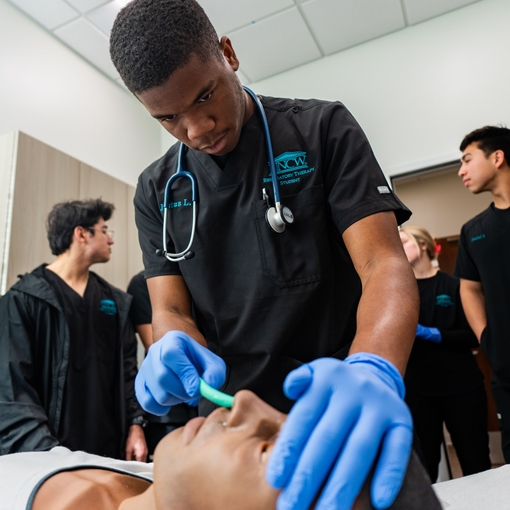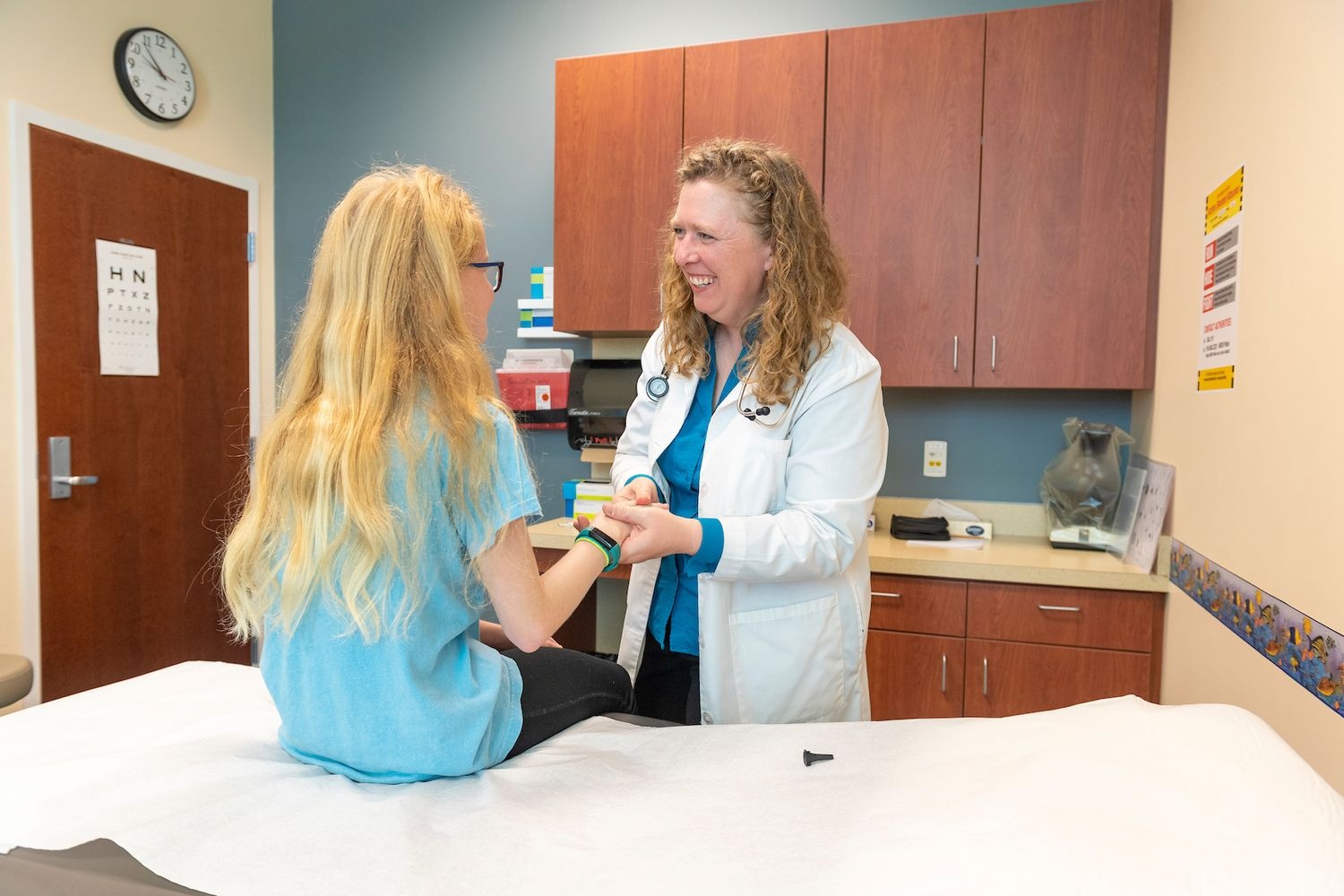College of Health & Human Services
CHHS News
Contact the College of Health and Human Services
Dean’s Office
Phone: 910.962.3317
Fax: 910.962.3414
601 South College Road
Wilmington, NC 28403-5685




